On the afternoon of December 24, the United Nations General Assembly adopted the Convention on Cybercrime, also known as the “ Hanoi Convention”.
Accordingly, Hanoi was chosen as the venue for the opening ceremony of the Convention in 2025. This is the first time a location in Vietnam has been listed and associated with a global multilateral treaty related to an important field of interest to the international community.
The birth of the “Hanoi Convention” is an important milestone in the international community's joint efforts to respond to increasing threats in cyberspace.
According to some statistics, the alarming increase in cybercrime in terms of scale, complexity and scope of impact is estimated to have caused damage to the world economy of about 8,000 billion USD in 2023 and is forecast to reach 10,500 billion USD in 2025, larger than the gross domestic product (GDP) of most of the world's largest economies.
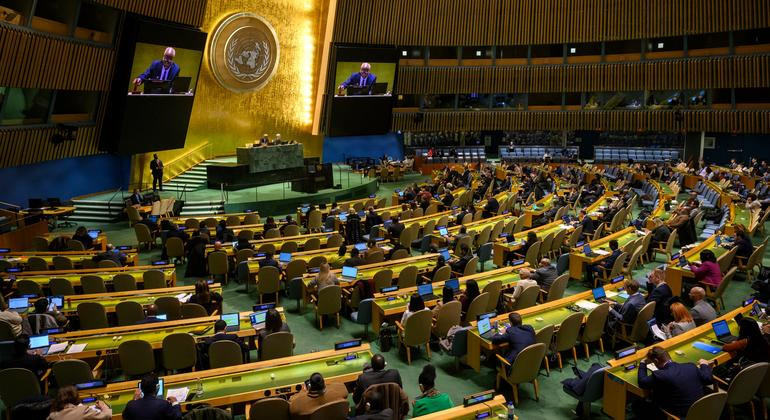
The Convention reflects the significant risks posed by the misuse of information and communications technologies (ICTs), which facilitate criminal activities of unprecedented scale, speed and scope; and focuses on protecting countries, businesses and citizens from crimes such as terrorism, human trafficking, drug trafficking and online financial crime.
“This treaty is a testament to the success of multilateralism in difficult times and reflects the collective will of Member States to promote international cooperation to prevent and combat cybercrime,” said the UN representative.
The UN Convention on Cybercrime, consisting of 9 Chapters and 71 Articles, is the result of nearly 4 years of continuous and prolonged negotiations (2021-2024) among member states to build a comprehensive multilateral legal framework to combat this dangerous crime.
(According to UN News)
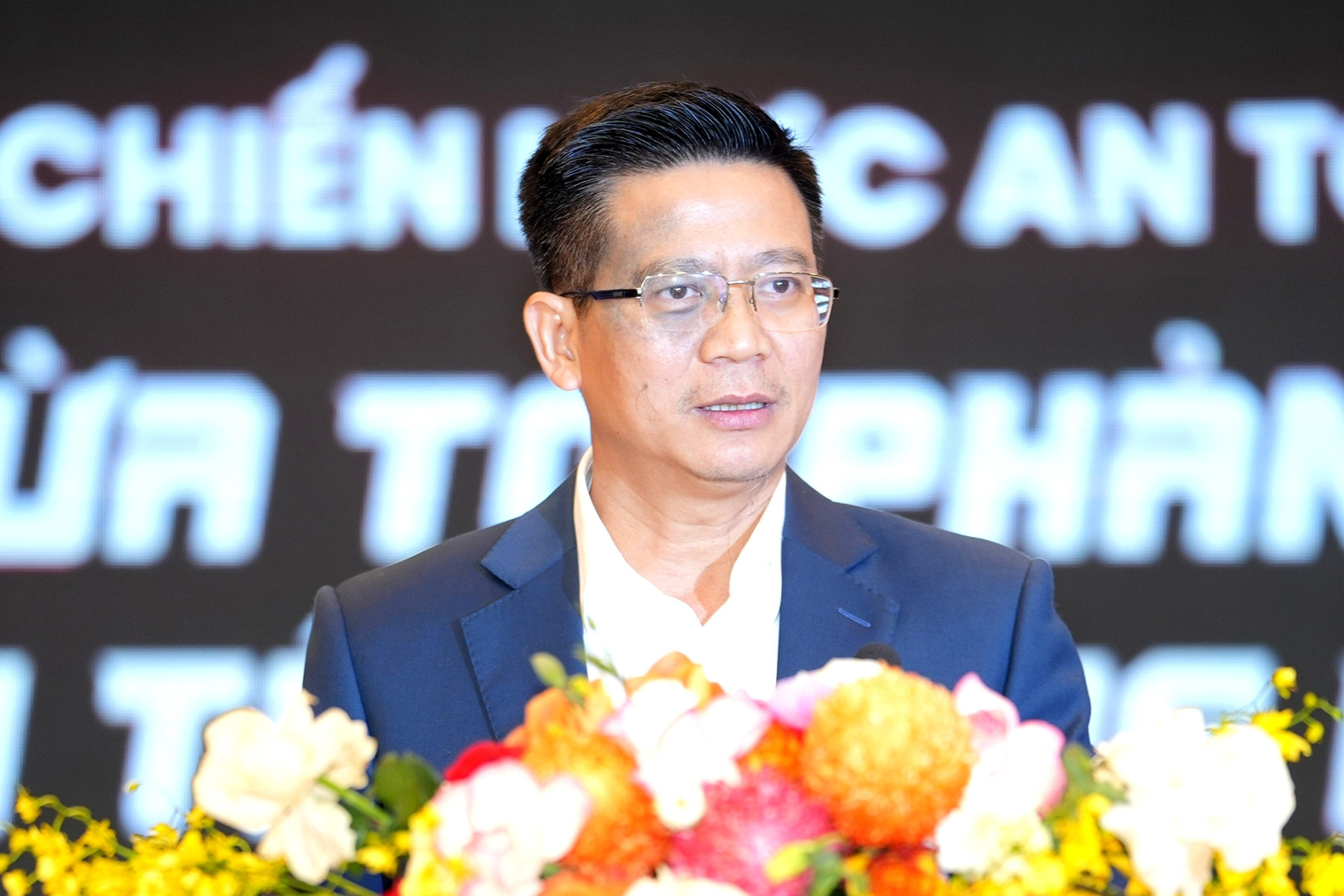
Source: https://vietnamnet.vn/cong-uoc-quoc-te-ve-toi-pham-mang-se-ky-ket-tai-ha-noi-trong-nam-2025-2356128.html




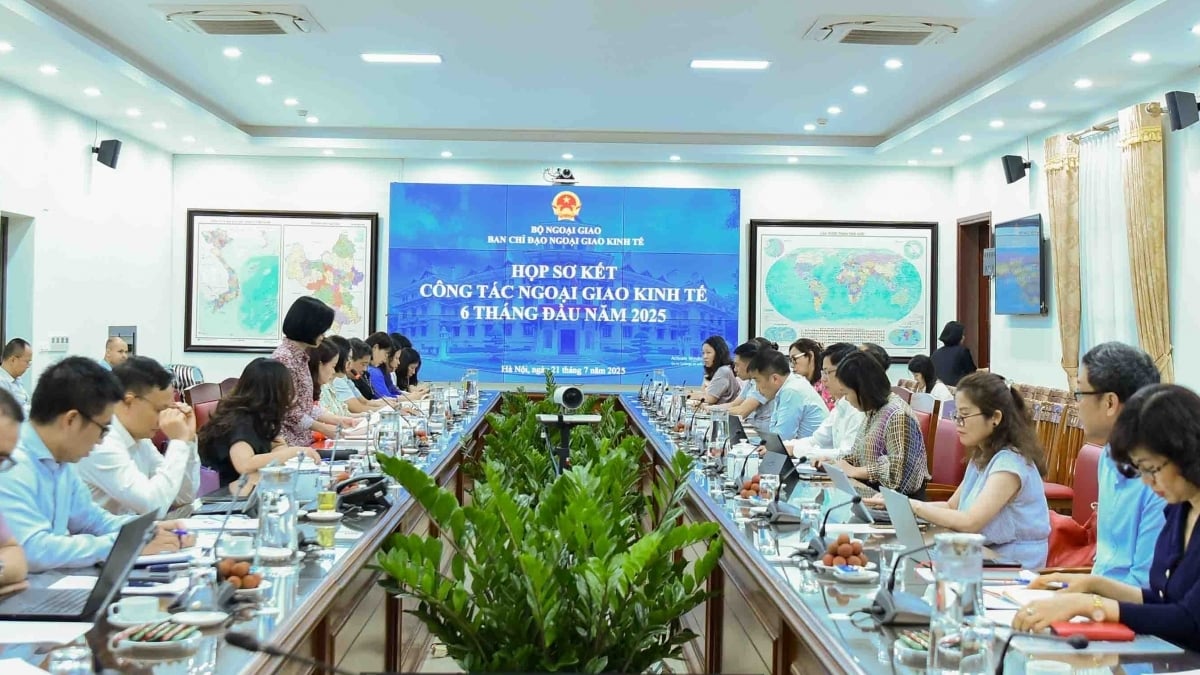
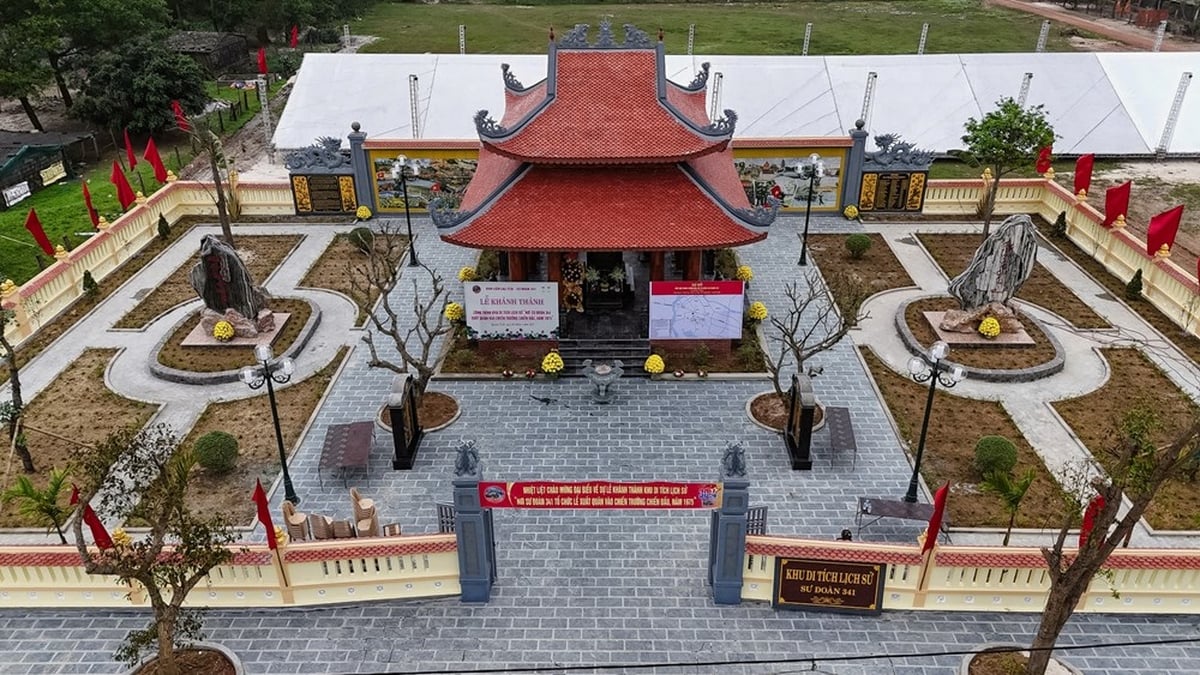

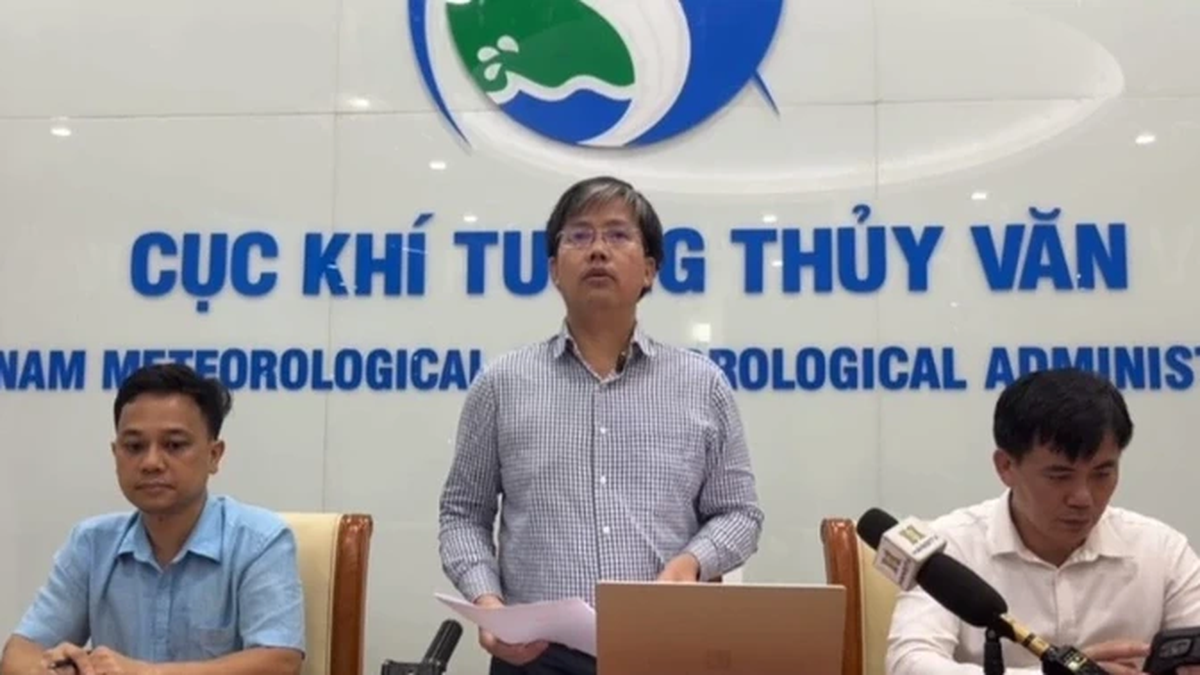
















![[Photo] National Assembly Chairman Tran Thanh Man visits Vietnamese Heroic Mother Ta Thi Tran](https://vphoto.vietnam.vn/thumb/1200x675/vietnam/resource/IMAGE/2025/7/20/765c0bd057dd44ad83ab89fe0255b783)













































































Comment (0)